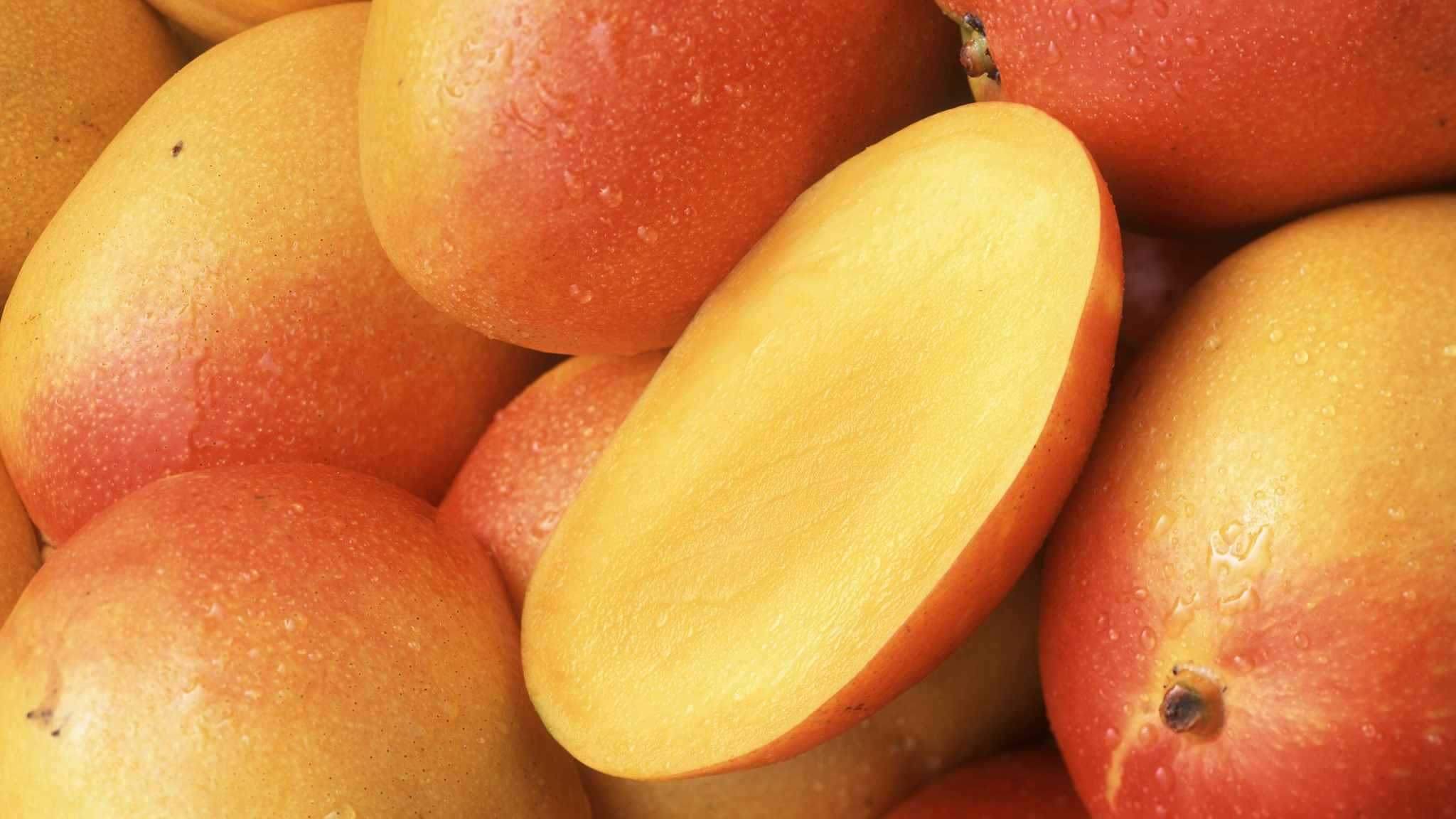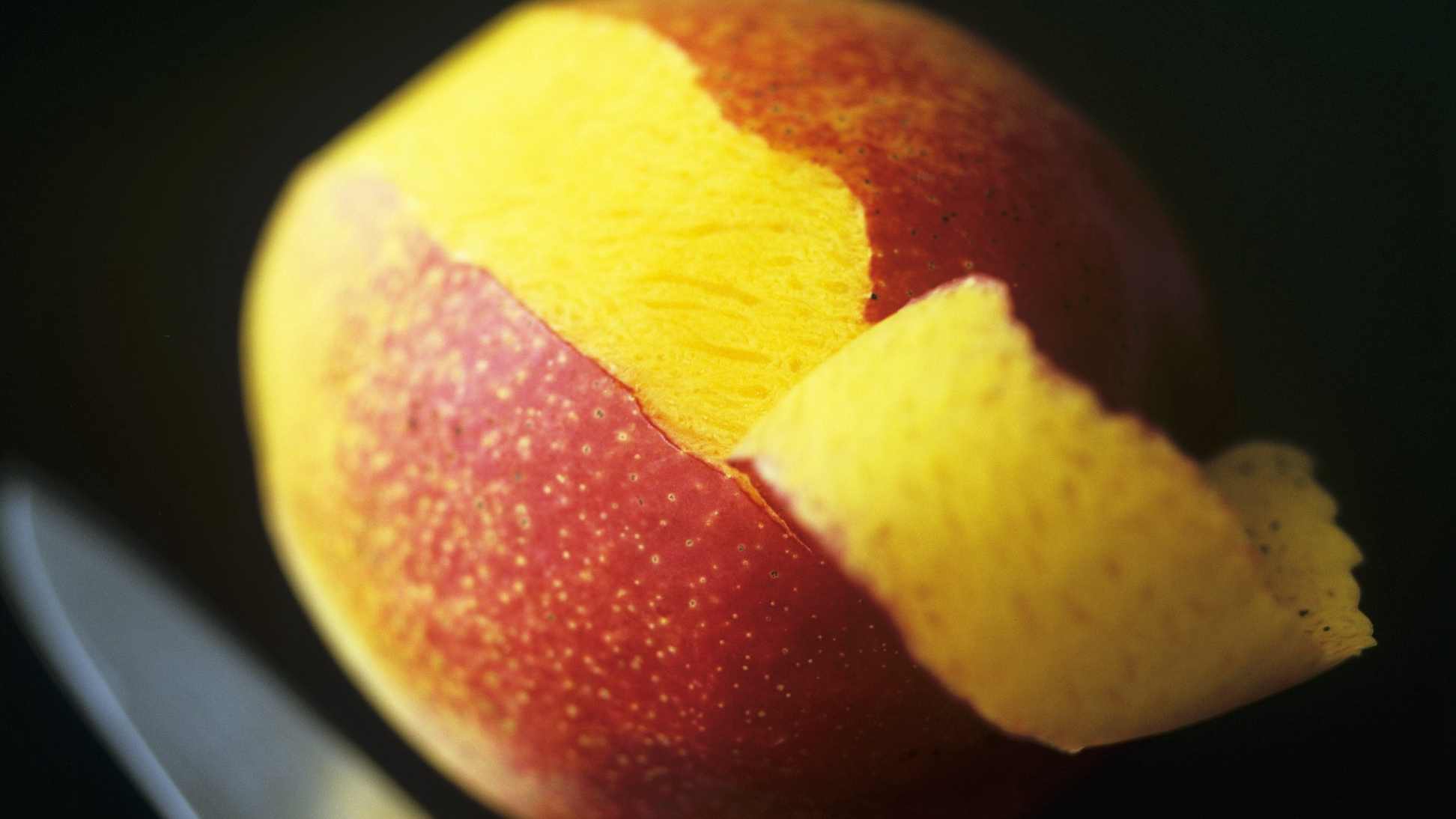
Eco
12:04, 28-Sep-2018
Australian study: Mango peels hold secret to clean oil pollution
Updated
11:38, 01-Oct-2018
CGTN

Mango peels hold the solution to clean up oil spills in an environmentally friendly fashion, an Australian study has found.
The study, released on Wednesday by the University of South Australia, found that an extract from the mango's skin can break down toxins in oil sludge through oxidation, leaving only decontaminated soil and dissolved iron.
Biruck Desalegn Yirsaw, the project's lead researcher, said that he created nanoparticles using mango peel that had been dried, crushed, boiled and filtered, and mixed them with iron chloride, then successfully removed 90 percent of the toxins from contaminated soil.

Mango peel /VCG Photo
Mango peel /VCG Photo
The extract also removed 99 percent of toxic chromium from contaminated water, presenting a sustainable and environmentally-friendly solution to oil spills.
Contaminated soil is currently either broken down using boron hydride or left contaminated.
"With mango peel being such a rich source of bioactive compounds, it made sense that zerovalent iron made from mango peel might be more potent in the oxidation process," Yirsaw said in a media release on Wednesday.
"As we discovered, the mango peel iron nanoparticles worked extremely well, even outperforming a chemically synthesized counterpart by removing more of contaminants in the oil sludge," he said.
"Our research uses the waste part of the mango – the peel – to present an affordable, sustainable and environmentally friendly treatment solution for oil sludge," he said.
"And while the world continues to be economically and politically reliant on oil industries as a source of energy, working to re-mediate the impact of oil pollution will remain a serious and persistent issue," the release read.
The Australian Mango Industry Association (AMIA) has endorsed the product, saying it would "certainly support the development of uses of mango by-product that may come from processing mangoes."
Source(s): Xinhua News Agency

SITEMAP
Copyright © 2018 CGTN. Beijing ICP prepared NO.16065310-3
Copyright © 2018 CGTN. Beijing ICP prepared NO.16065310-3